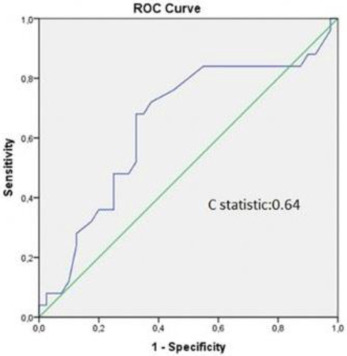Objectives
The autonomic nervous system has a regulating effect on cardiac electrophysiology and arrhythmogenesis. This interaction is also of critical importance in Wolff-Parkinson-White Syndrome. It is possible to assess autonomic nervous system activity by examining heart rate variability. The objective was to assess the effectiveness of heart rate variability indicators in determining the risk of Wolff-Parkinson-White Syndrome.
Methods
The results of Holter monitoring, exercise testing and transesophageal electrophysiological studies of patients with Wolff-Parkinson-White Syndrome, assessed over a 7-year period in our clinic, were evaluated. Patients enrolled in the study were divided into two groups, as high and low risk, according to the transesophageal electrophysiological study results. Heart rate variability parameters of these two groups obtained using 24-hour Holter monitoring were compared.
Methods
The results of Holter monitoring, exercise testing and transesophageal electrophysiological studies of patients with Wolff-Parkinson-White Syndrome, assessed over a 7-year period in our clinic, were evaluated. Patients enrolled in the study were divided into two groups, as high and low risk, according to the transesophageal electrophysiological study results. Heart rate variability parameters of these two groups obtained using 24-hour Holter monitoring were compared.
Results
According to the results of the transesophageal electrophysiological studies, the patients were divided into two groups comprising 40 high-risk and 25 low-risk patients and their heart rate variability parameters were compared. According to the results of the receiver operating characteristic curve, the cut-off value of p NN50, in detecting risk patients with 68% sensitivity, was 19.5%. In multivariate regression analysis, a pNN50 of less than 19.5% (odds ratio 0.21, 95% confidential interval 0.05-0.80, p = 0.02) and persistence of pre-excitation in the exercise test (Odds ratio 11.40, 95% confidential interval 2.57-50.53, p = 0.001) significantly estimated risky transesophageal electrophysiological study features.
Conclusion
Heart rate variability analysis can provide information about autonomic control in patients with Wolff-Parkinson-White Syndrome. Moreover, pNN50, can be helpful in determining the risk of Wolff-Parkinson-White Syndrome in some cases.





